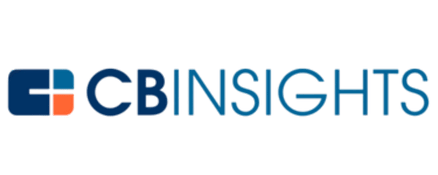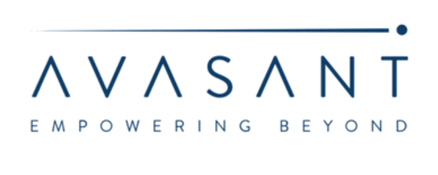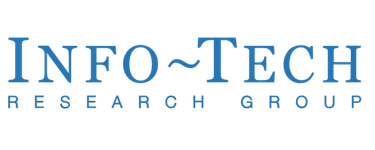Navigate Colorado SB 21-169 with confidence with Holistic AI
Catalog your data, algorithms, and predictive models
Leverage our integrations to create an inventory of your External Consumer Data and Information Sources, Algorithms, and Predictive Models with ease.
Governance and risk management framework
Take control of your AI with a comprehensive governance and risk
management framework for the use of External Consumer Data and Information Sources, Algorithms, and Predictive Models.
Impartial bias audit
Audit your External Consumer Data and Information Sources, Algorithms, and Predictive Models for unfair discrimination efficiently using our dedicated solution mapped to SB169’s quantitative testing requirements.
Customized recommendations
Recommendations from experts to support compliance and prevent unfair discrimination informed by best practices
Ongoing compliance
Regulations for SB169 are still being developed. Holistic AI will keep you updated with the latest developments and ensure that you are compliant as the rules mature.












